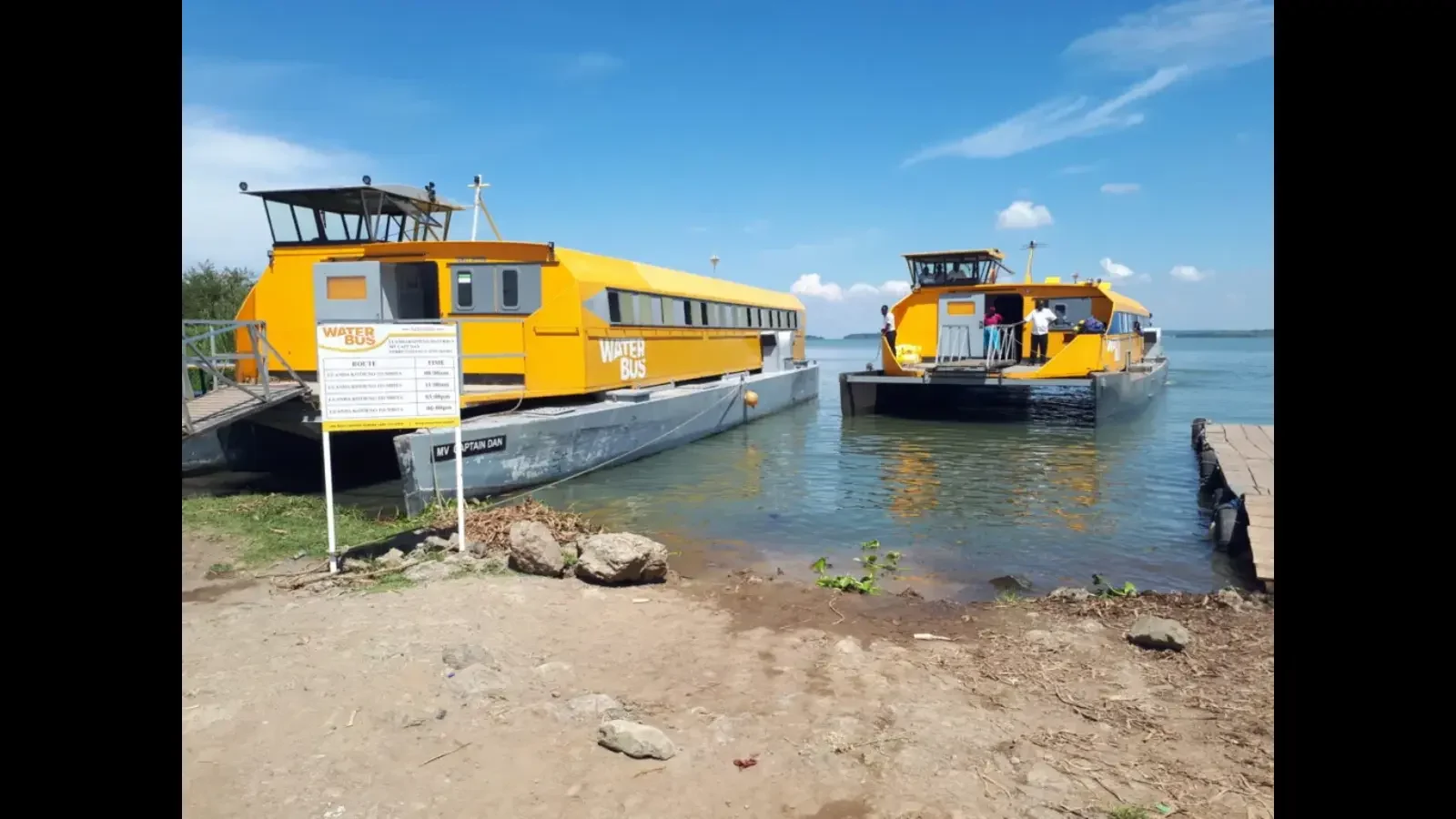Share
As the Maritime Training Centre in Uganda nears completion, a ground-breaking program is set to change water transport safety in the area. This cutting-edge facility, located at the Fisheries Training Institute in Entebbe and supported by the African Development Bank (AfDB) with a $.1.45 million budget, intends to provide complete marine safety and survey training for water transport users.
This innovative facility will be critical in increasing the capacity of vessel operators traversing both inland and oceanic waters. Beyond Uganda, the center is intended to have a positive influence on all East African Community (EAC) member nations, promoting a common commitment to improving marine safety.
The recent Annual Integrated Transport Infrastructure and Services (ITIS) program assessment session held at Speke Resort Munyonyo highlighted the marine industry’s remarkable accomplishments. Musa Ecweru, State Minister for Works, however, underlined the importance of enhanced financial allocation to further assist water transportation programs.
The marine Training Centre, designated by the Ministry of Works and Transport’s marine administration department, will train representatives from the Uganda People’s Defence Forces (UPDF), the Uganda Police, and the commercial sector. This specialized program aims to provide participants with professional abilities that will allow them to safely transfer water across national navigable waters.
The Lake Victoria Basin Commission (LVBC) marine project coordinator, Henry Ategeka, stressed the institute’s transformational influence as a crucial milestone in increasing marine safety within the East African Community. The facility, which is expected to be finished in December, has cutting-edge facilities such as a marine training swimming pool, a bridge simulator for maritime navigation and engineering instruction, well-equipped labs, and a medical first aid facility.
A communal jetty, a slipway with a capacity of 5-10 tonne vessels, and a boat maintenance workshop for repairing vessels are additional important elements. Ategeka emphasized the facility’s ability to teach vital skills to local boat builders, seafarers, and fisherman, therefore dramatically increasing maritime safety in Lake Victoria and other inland bodies of water.







